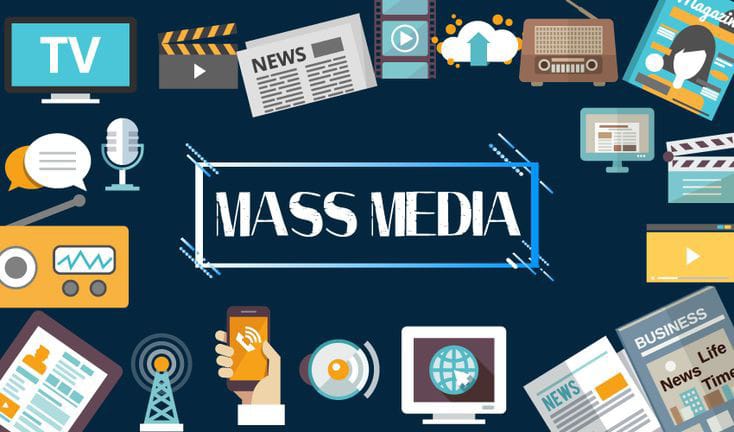The Power of Mass Media: Shaping Minds, Influencing Society
In today’s interconnected world, mass media plays a central role in shaping public opinion, influencing societal norms, and disseminating information on a global scale. From traditional print and broadcast media to digital platforms and social networks, the reach and impact of mass media are pervasive, penetrating every aspect of modern life. In this blog, we’ll explore the dynamics of mass media, its influence on individuals and society, and the challenges and opportunities it presents in the digital age.
The Evolution of Mass Media:
The concept of mass media emerged with the advent of print technologies such as the printing press in the 15th century, which enabled the mass production and distribution of newspapers, books, and pamphlets. Over time, the invention of telegraph, radio, television, and the internet revolutionized communication, expanding the reach and accessibility of media content to global audiences. Today, social media platforms like Facebook, Twitter, and Instagram have democratized content creation and distribution, empowering individuals to participate in the creation and dissemination of news and information.
The Influence of Mass Media:
1. Shaping Public Opinion:
Mass media shapes public opinion by framing issues, setting agendas, and influencing perceptions of reality. Through news coverage, editorials, and opinion pieces, media organizations shape public discourse on political, social, and cultural issues, shaping public attitudes and beliefs.
2. Cultural Transmission:
Mass media serves as a vehicle for cultural transmission, disseminating values, beliefs, and norms across societies. Through popular culture, entertainment, and advertising, media messages reinforce cultural identities, promote consumerism, and shape collective identities.
3. Political Influence:
Mass media plays a crucial role in politics, shaping electoral outcomes, shaping public policy, and holding political leaders accountable. Political campaigns utilize media platforms to reach voters, convey messages, and shape public perceptions, influencing electoral outcomes and policy debates.
4. Socialization and Education:
Mass media influences socialization and education by providing information, entertainment, and cultural narratives that shape individual identities and worldviews. From children’s programming to educational documentaries, media content shapes perceptions of self, others, and the world.
Challenges and Criticisms:
1. Fake News and Misinformation:
The proliferation of fake news and misinformation on digital platforms has undermined trust in media institutions and distorted public discourse. The viral spread of rumors, conspiracy theories, and propaganda poses significant challenges to the credibility and integrity of mass media.
2. Media Bias and Partisanship:
Media bias and partisanship contribute to polarization and divisiveness in society, as news organizations cater to partisan audiences and promote ideological agendas. Biased reporting, sensationalism, and selective framing distort perceptions of reality and hinder informed decision-making.
3. Privacy and Surveillance:
The digitalization of media has raised concerns about privacy and surveillance, as online platforms collect vast amounts of personal data for targeted advertising and content customization. Issues of data privacy, surveillance capitalism, and algorithmic manipulation raise ethical and regulatory concerns about the power of mass media in the digital age.
Opportunities and Responsibilities:
1. Media Literacy:
Promoting media literacy is essential for empowering individuals to critically evaluate media content, discern credible sources, and navigate the digital information landscape. Education initiatives, critical thinking skills, and media literacy campaigns can help mitigate the influence of misinformation and propaganda.
2. Ethical Journalism:
Upholding ethical standards and professional integrity is essential for restoring trust in media institutions and fostering a culture of transparency and accountability. Journalistic principles such as accuracy, fairness, and impartiality are essential for maintaining credibility and credibility in the digital age.
3. Regulatory Frameworks:
Implementing regulatory frameworks and safeguards can mitigate the negative effects of mass media on society, such as misinformation, privacy violations, and monopolistic practices. Governments, industry stakeholders, and civil society must collaborate to develop policies that promote media diversity, transparency, and accountability.
Conclusion:
Mass media wields immense power and influence in shaping minds, shaping society, and shaping the future of humanity. While the digital age presents unprecedented opportunities for communication and connectivity, it also poses significant challenges in terms of misinformation, polarization, and privacy. By promoting media literacy, upholding ethical standards, and implementing regulatory safeguards, we can harness the transformative potential of mass media for the betterment of society and the advancement of human knowledge and understanding.



